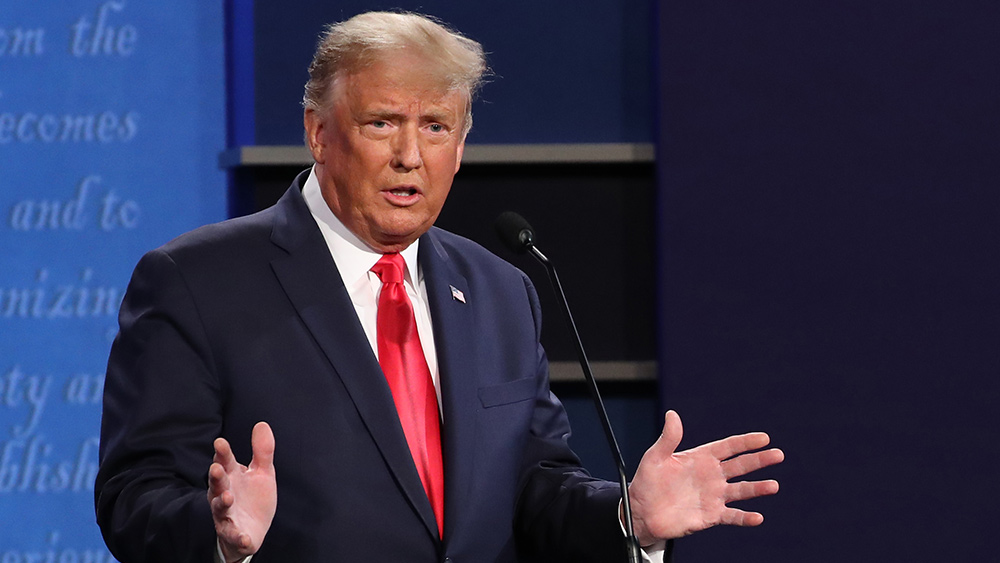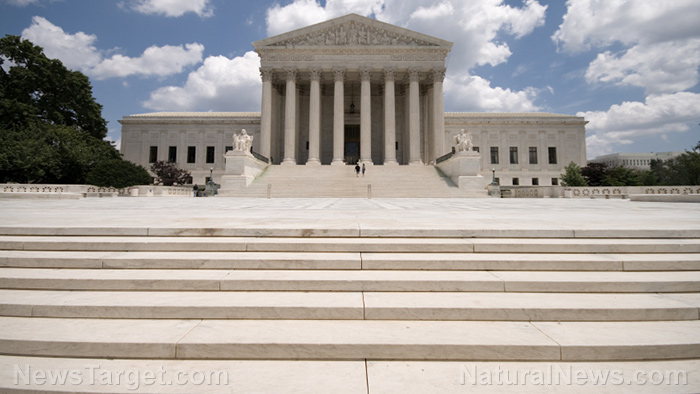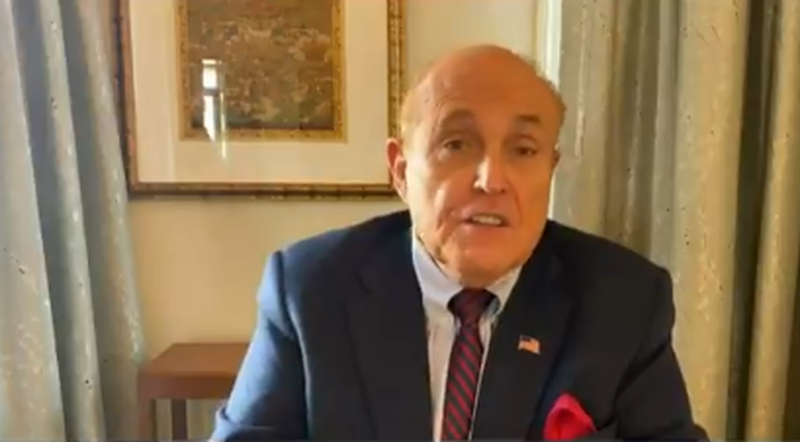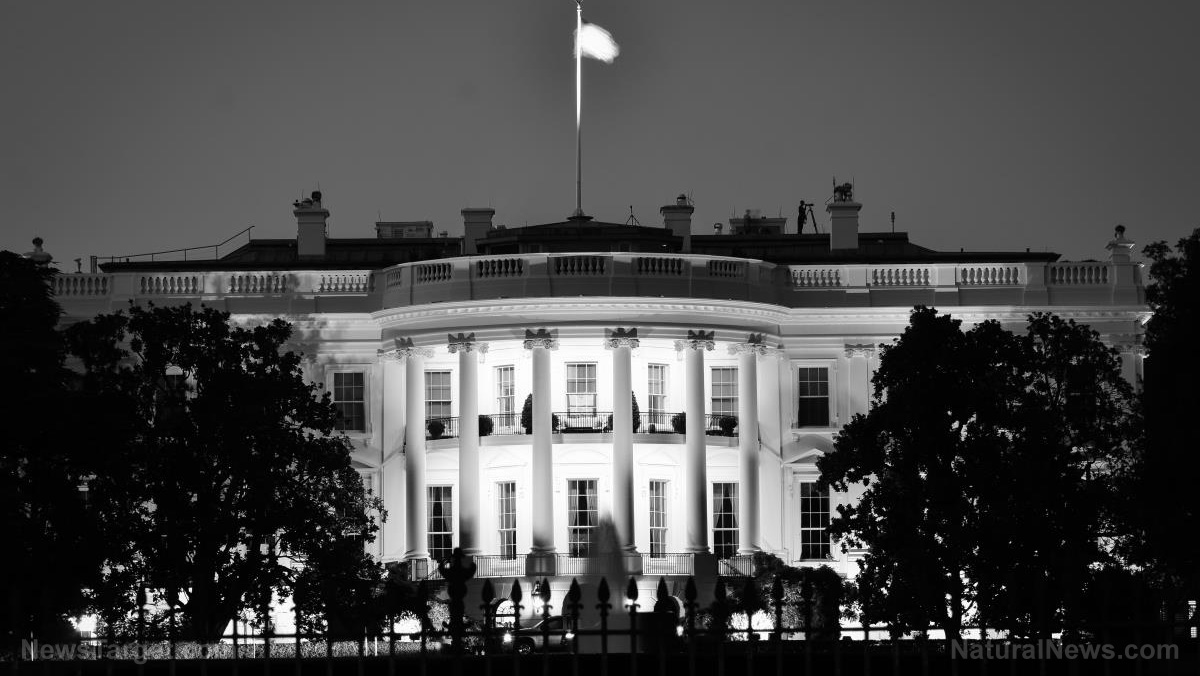Updated Apple policy now requires search warrant to send customer data to law enforcement
12/27/2023 / By Zoey Sky

Apple has discreetly updated its legal guidelines. Now, the company requires U.S. law enforcement agencies to obtain a court order first before gaining access to specific aspects of Apple customer data.
According to Apple’s updated guidelines, the company will only release customer data about push notifications with law enforcement “in response to a search warrant issued upon a showing of probable cause, or customer consent.”
Apple previously accepted a subpoena to hand over customer data. The critical difference between the two is that a subpoena requires the company to act in response to a request for information.
On the other hand, a search warrant is more aggressive because it “authorizes a legal authority to take action to retrieve the information.”
Push notification data is considered particularly sensitive because the alerts inform a smartphone user about breaking news, weather bulletins and other daily content. This kind of data can also reveal a lot about users’ online activities.
For requests about other types of data, such as information related to device registration or customer service, Apple has kept its initial guidelines. The company will comply with law enforcement if presented with “a subpoena or greater legal process.”
According to Apple’s guidelines, the company can also decide to release customer data to law enforcement in cases of emergency, such as when there is no time to go through the proper legal channels if there is a chance that lives are in danger or national security is at immediate risk.
However, Apple clarified that not all requests are granted. Each one is considered by the company’s team of legal experts and can still face rejection. (Related: Apple gathers user data and sells it to advertisers.)
Apple guidelines state that a trained team in the company’s legal department will review and evaluate all requests received. All the requests that Apple determines to have no valid legal basis or considers to be unclear, inappropriate, or over-broad will be “objected, challenged, or rejected.”
Apple policy shift was not formally announced
Apple did not formally announce the updated policy. It also remains unclear what caused the significant change. Meanwhile, Google and other competitors in the tech industry already require a court order for law enforcement to acquire push notification-related data.
Early in December, Sen. Ron Wyden (D-OR) wrote to the Department of Justice. The letter was addressed to Attorney General Merrick Garland.
In his letter, he warned that he received a tip that foreign governments had requested Apple and Google to hand over records of smartphone notifications. However, Wyden did not provide extra details about which governments had made the requests.
The letter also told Garland that companies like Apple and Google should be “permitted to be transparent about the legal demands they receive,” especially from foreign governments, just as the companies regularly notify users about other types of government demands for user data.
Wyden also said these companies should be permitted to reveal whether they have been forced “to facilitate this surveillance practice, to publish aggregate statistics about the number of demands they receive, and unless temporarily gagged by a court, to notify specific customers about demands for their data.”
It’s not publicly known if the scrutiny triggered by Wyden’s letter had anything to do with the update on Apple’s policy or if the change was already planned and the timing was only coincidental.
Go to PrivacyWatch.news for more updates on how companies like Apple violate customer privacy.
Watch the video below to learn how governments use app notifications to monitor Apple users.
This video is from the JD Rucker channel on Brighteon.com.
More related stories:
DEA using Apple AirTags for SURVEILLANCE purposes.
Apple starts to embrace artificial intelligence, installs AI-powered features in iPhones.
Say goodbye to your privacy: Use of digital IDs in American states is spreading rapidly.
Sources include:
Apple.com[PDF]
Submit a correction >>
Tagged Under:
Apple, Big Tech, conspiracy, corruption, customer data, cyberwar, data breach, data gathering, deception, gadgets, Glitch, information tech, iPhone, law enforcement, privacy watch, push notifications, Spygate, spying, surveillance, tech giants, technocrats, traitors, user policies
This article may contain statements that reflect the opinion of the author
RECENT NEWS & ARTICLES
COPYRIGHT © 2017 CONSPIRACY NEWS



















